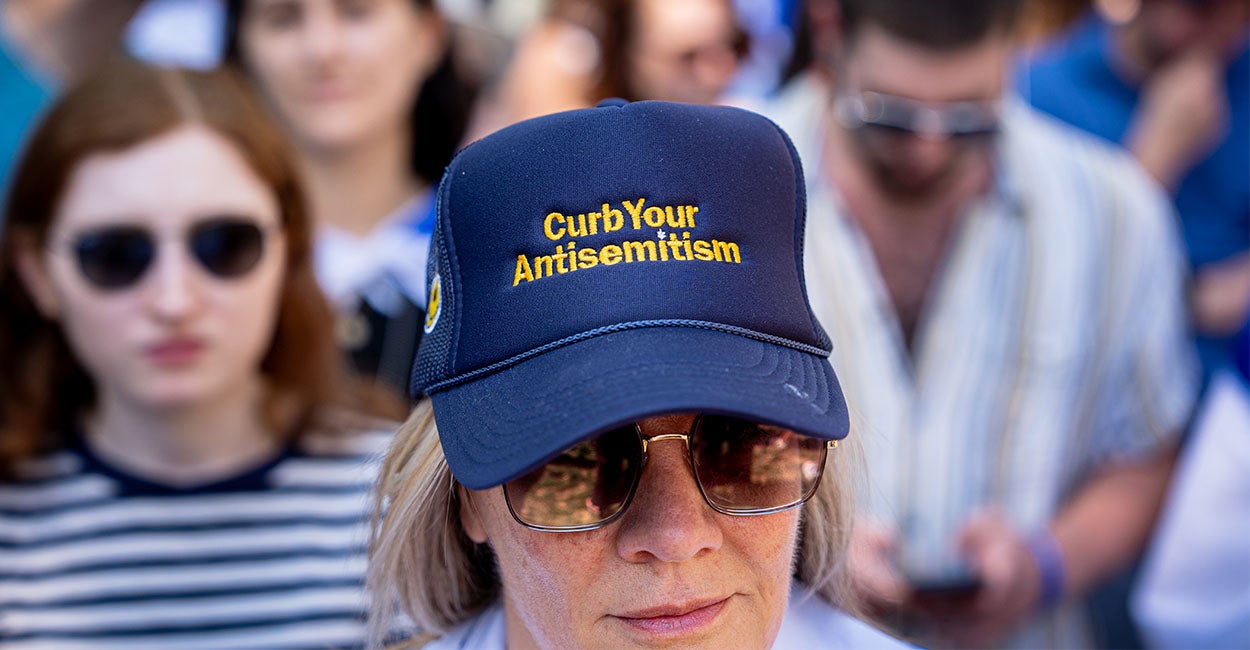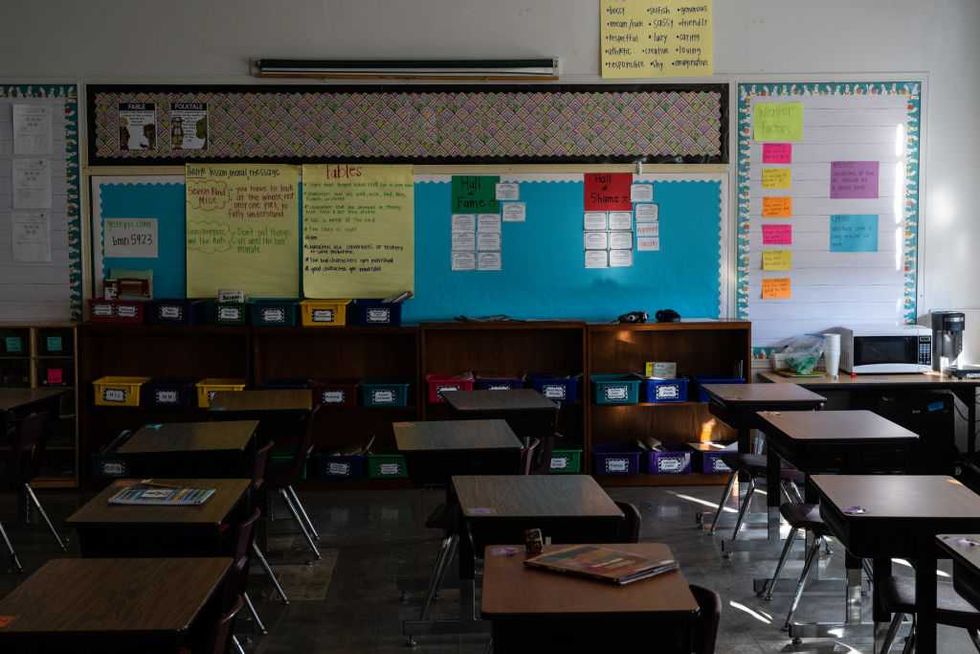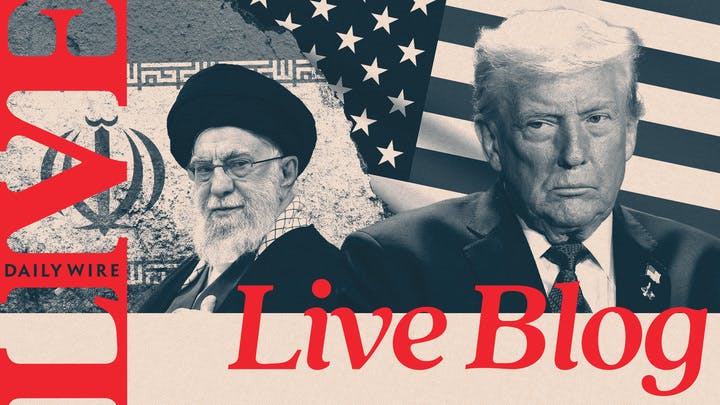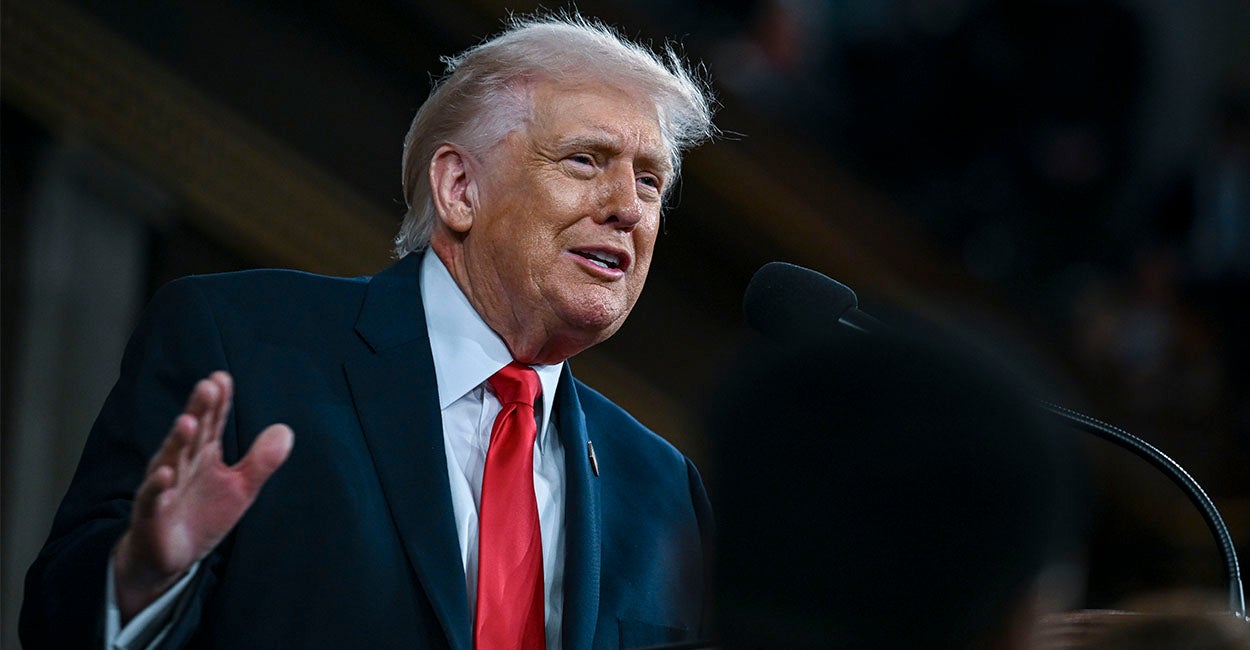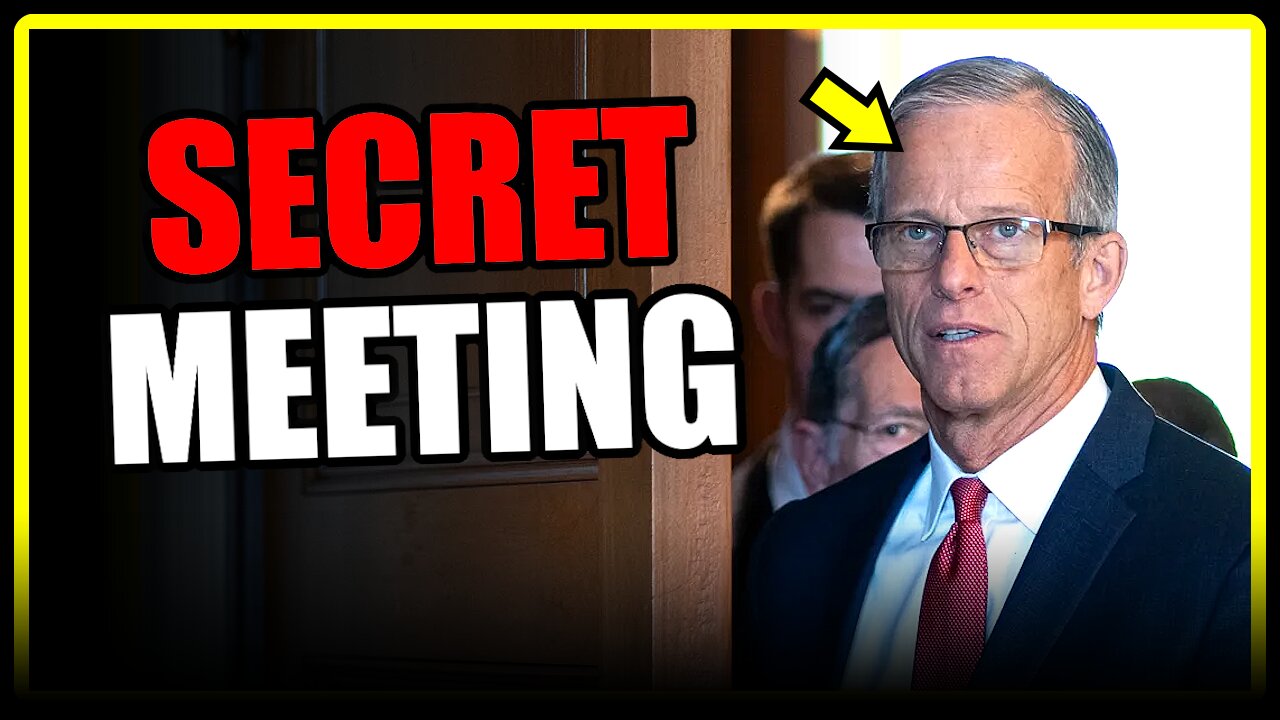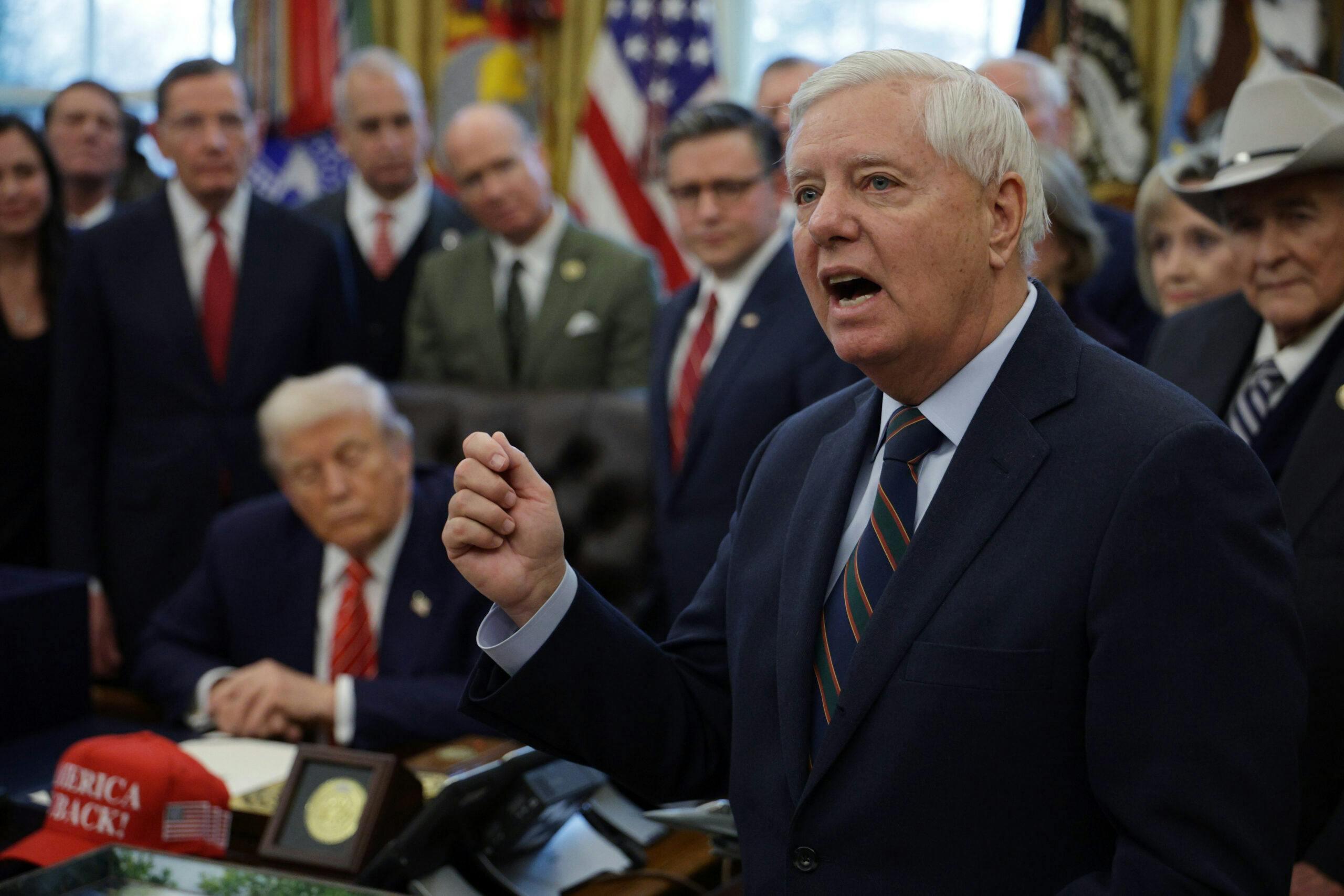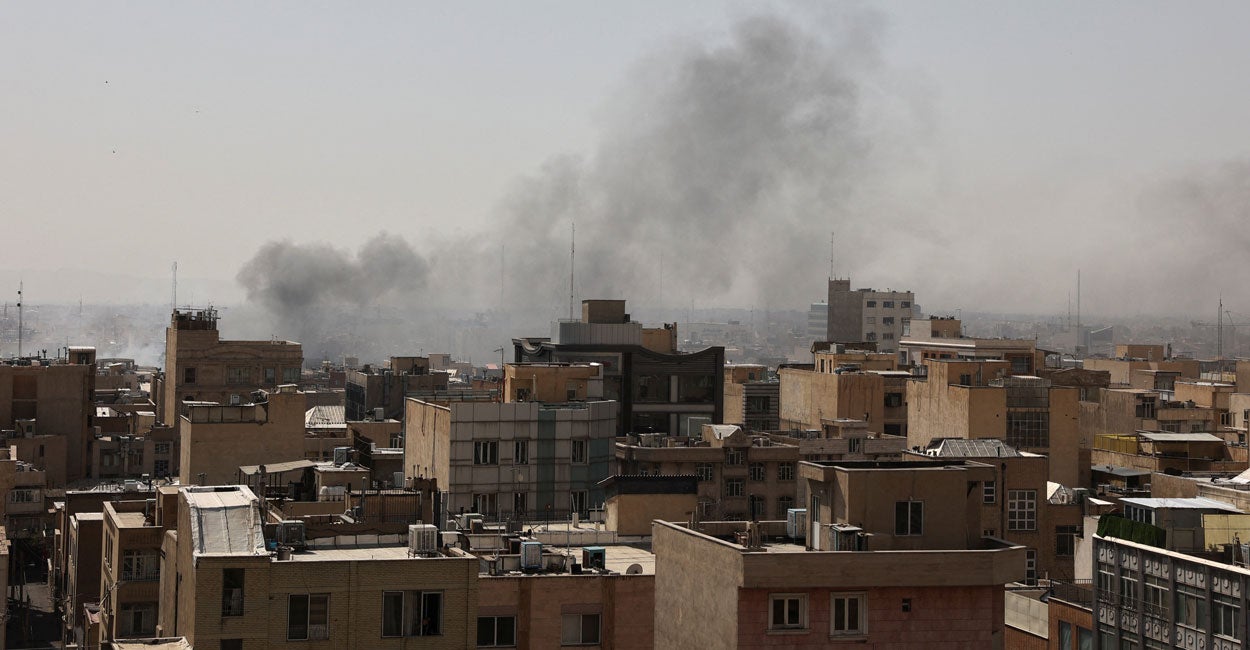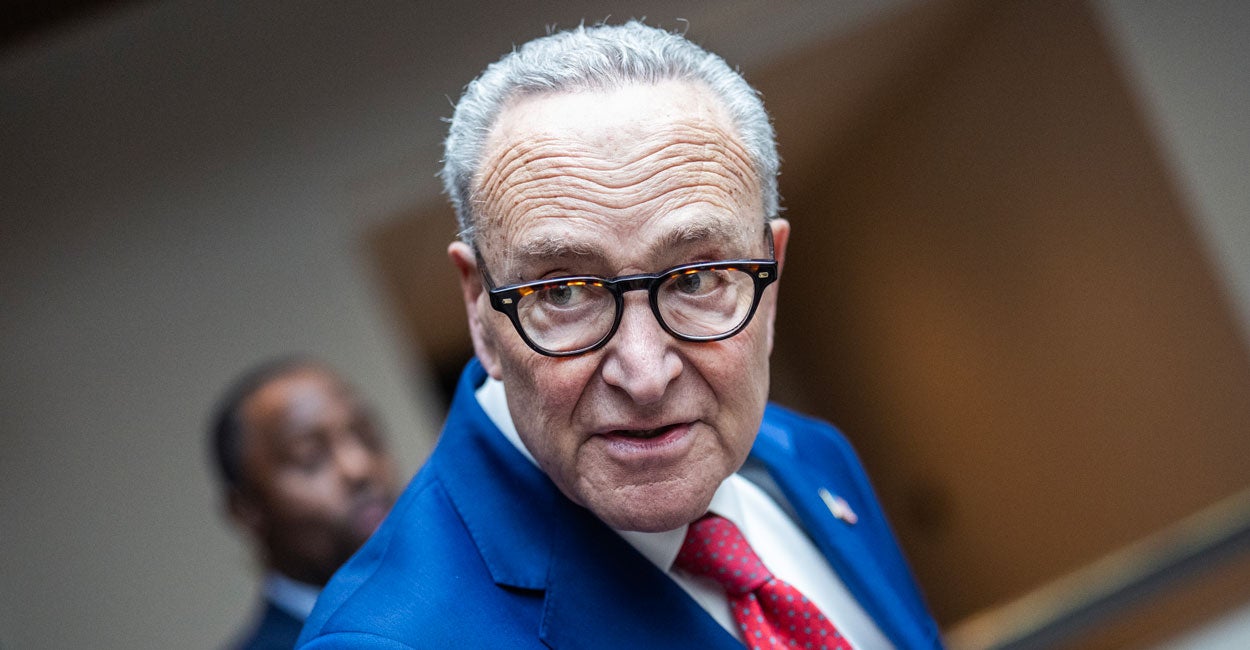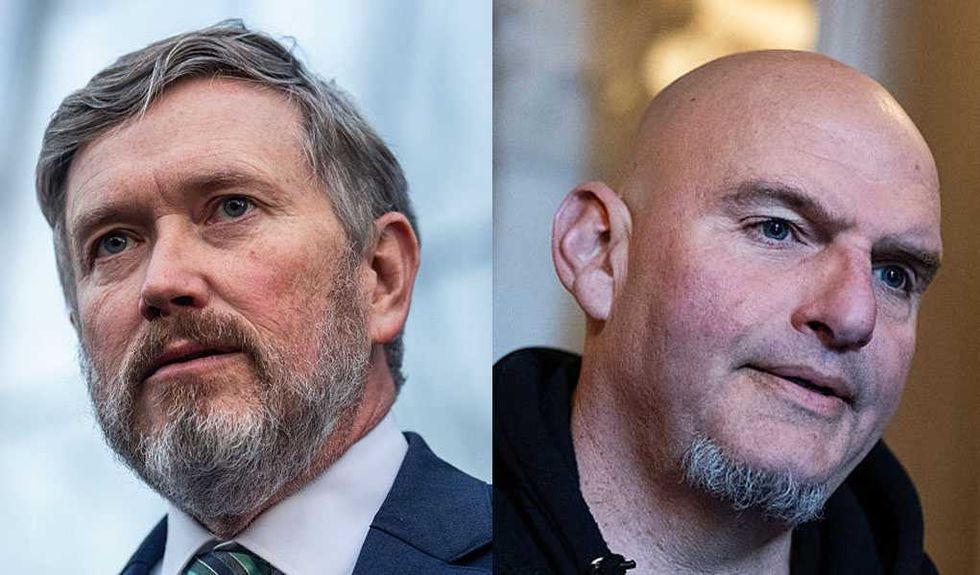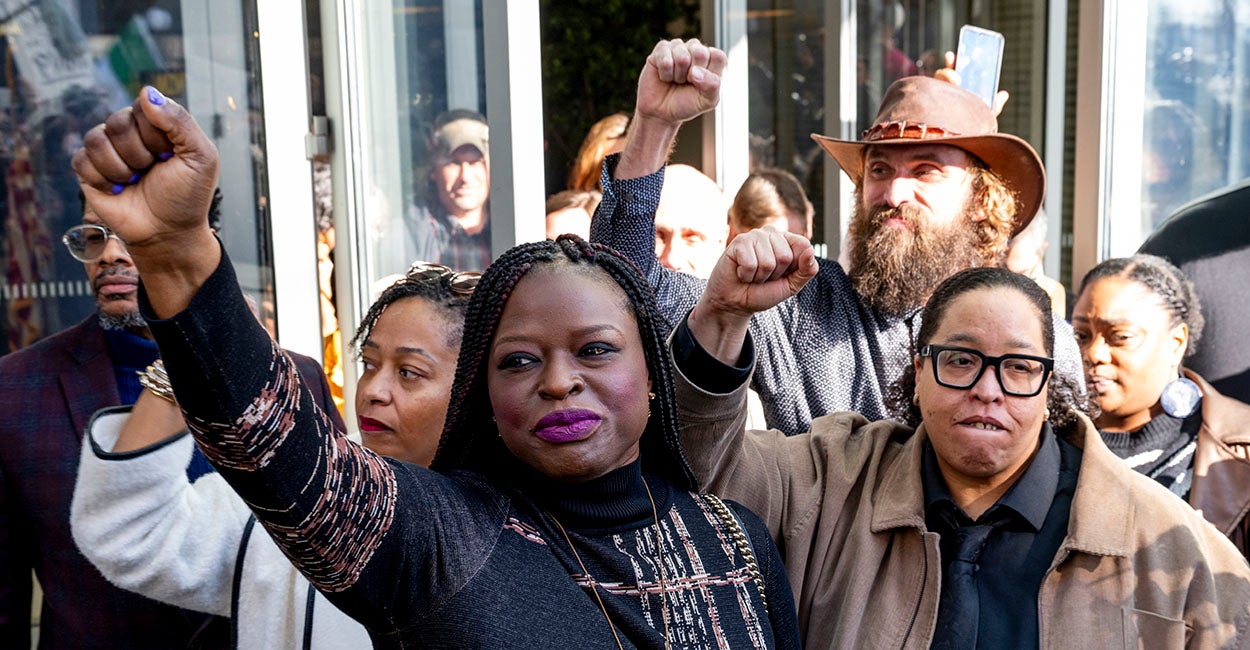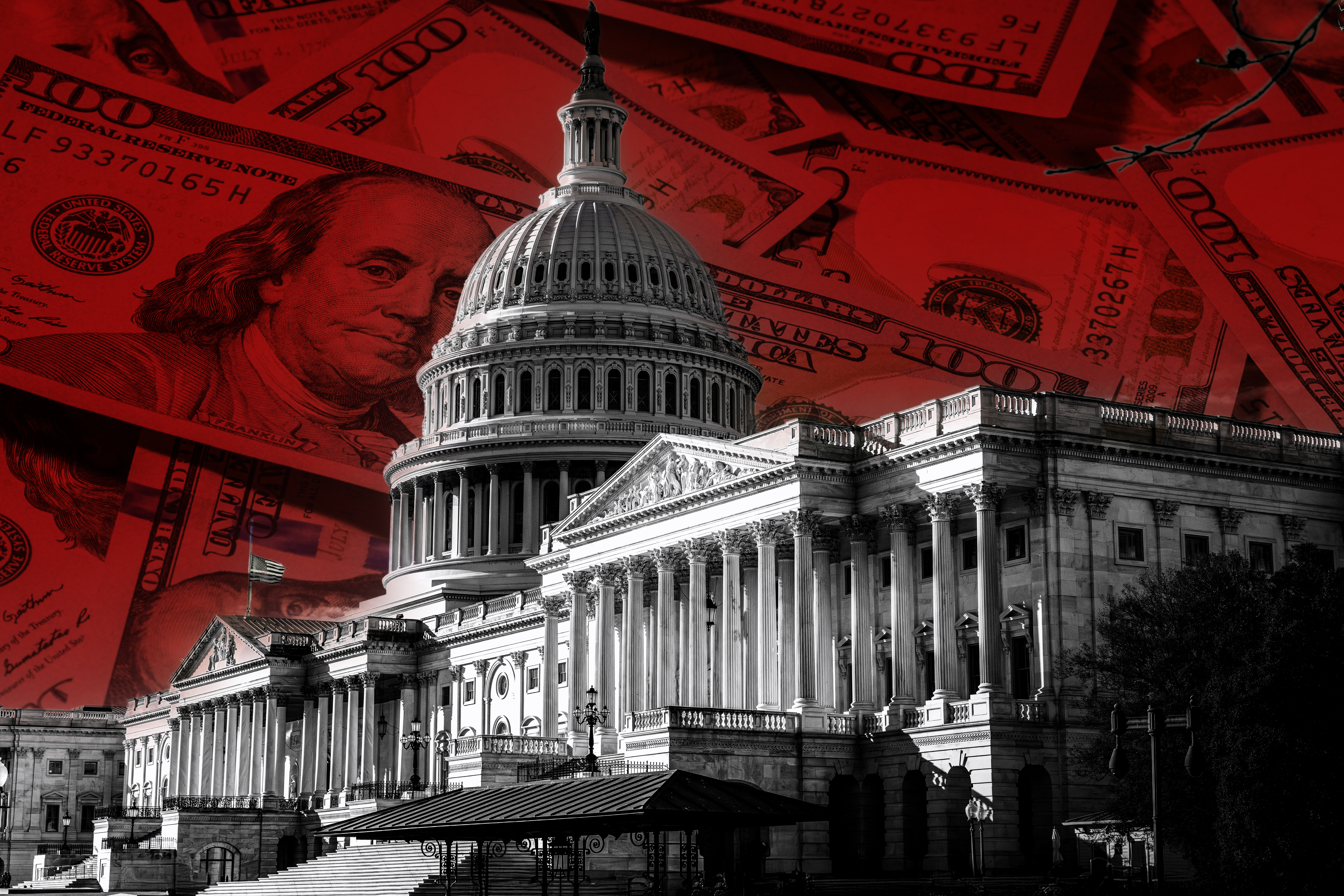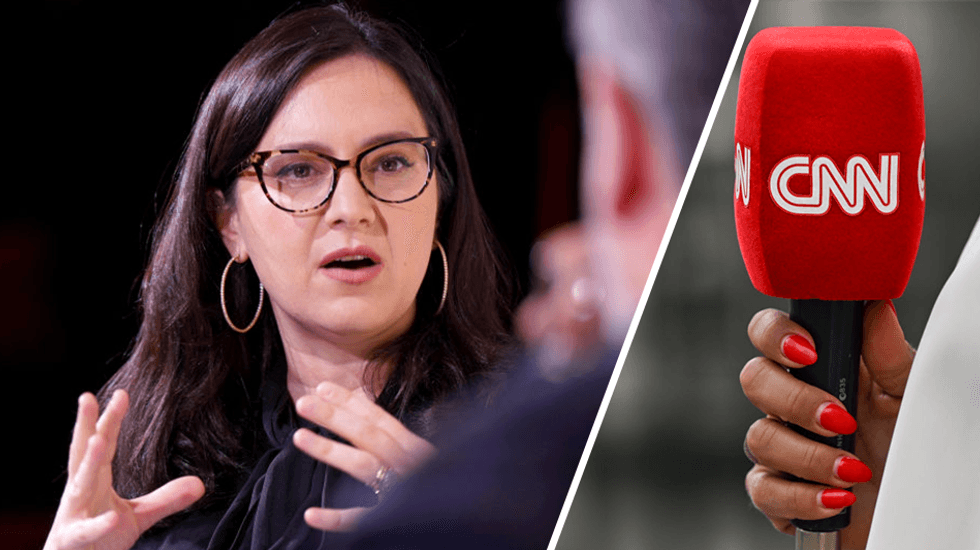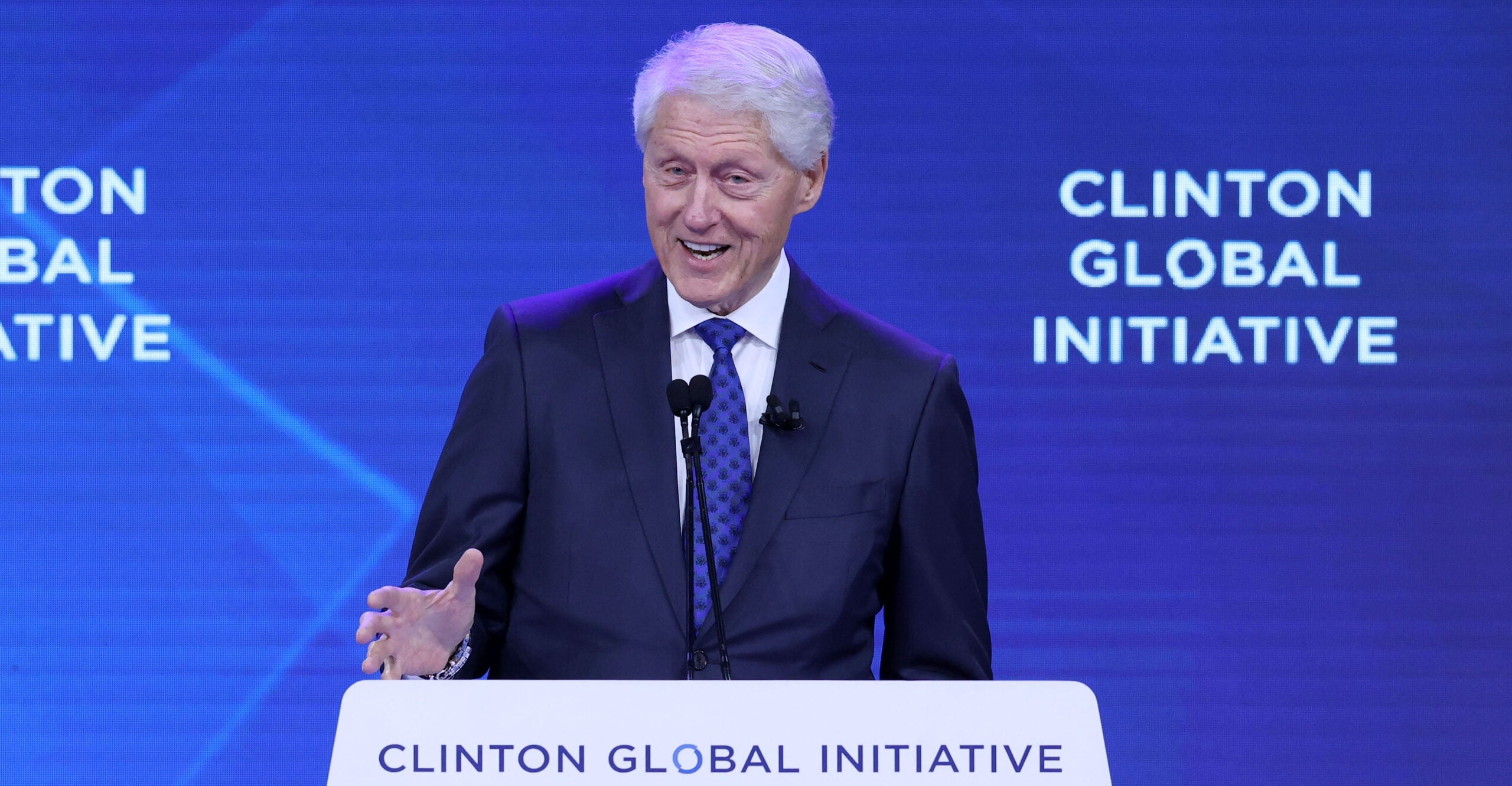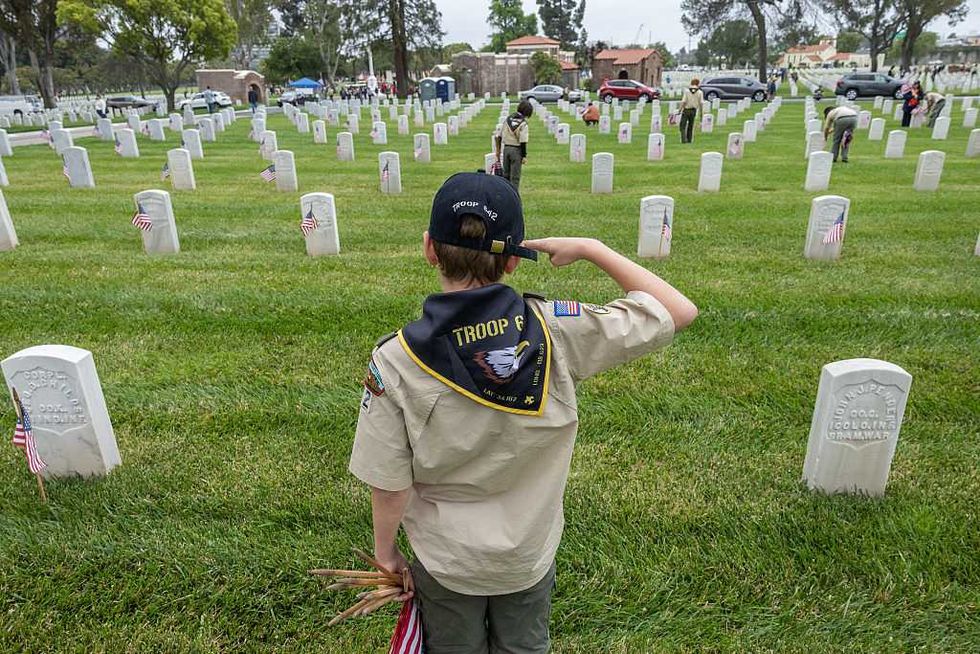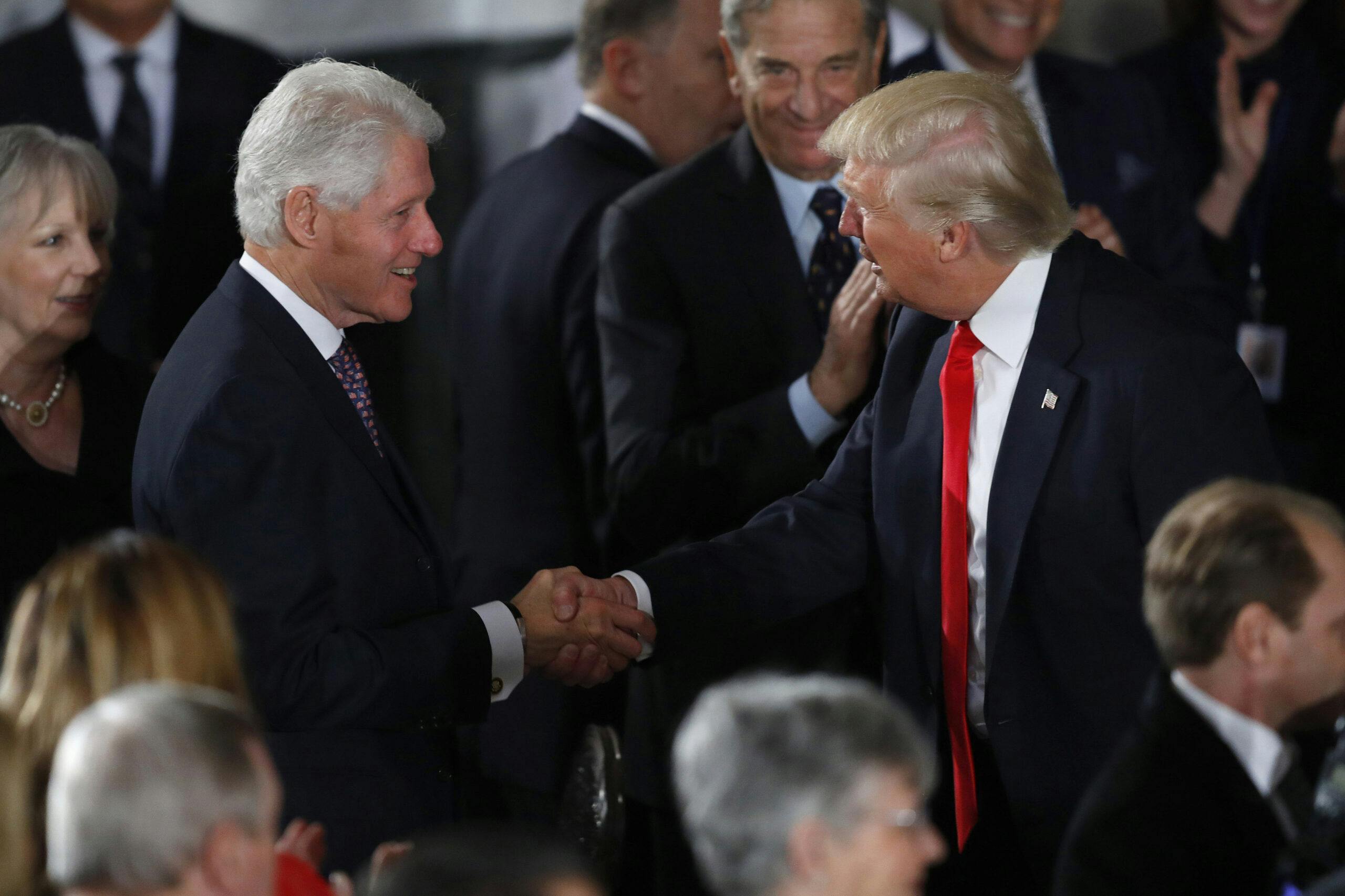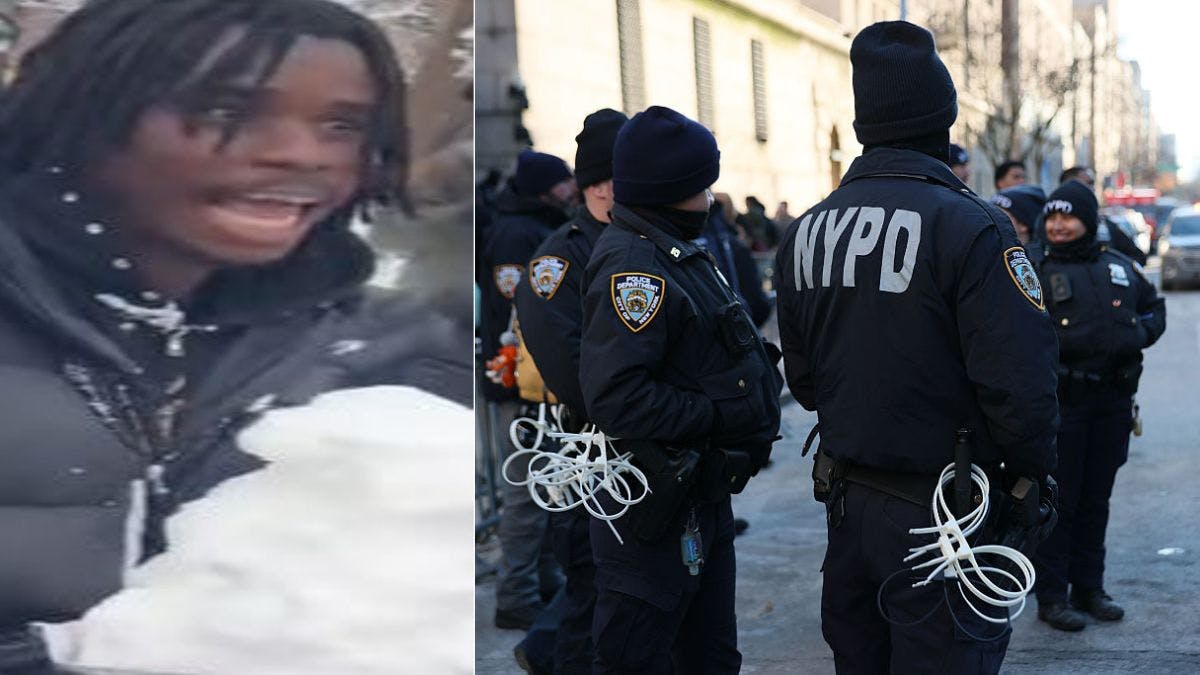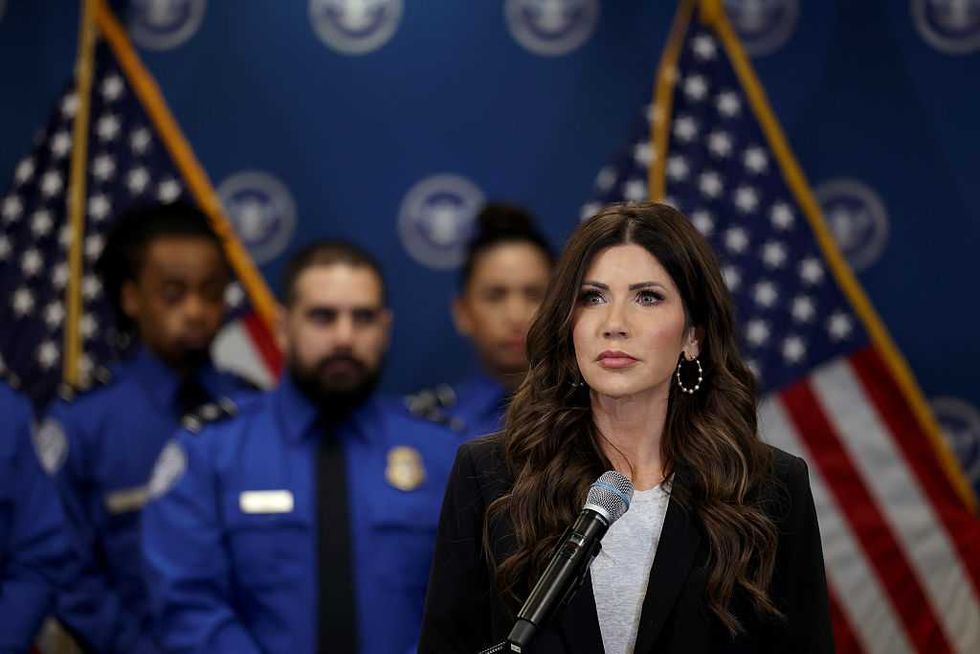America’s future depends on the strength of its fathers

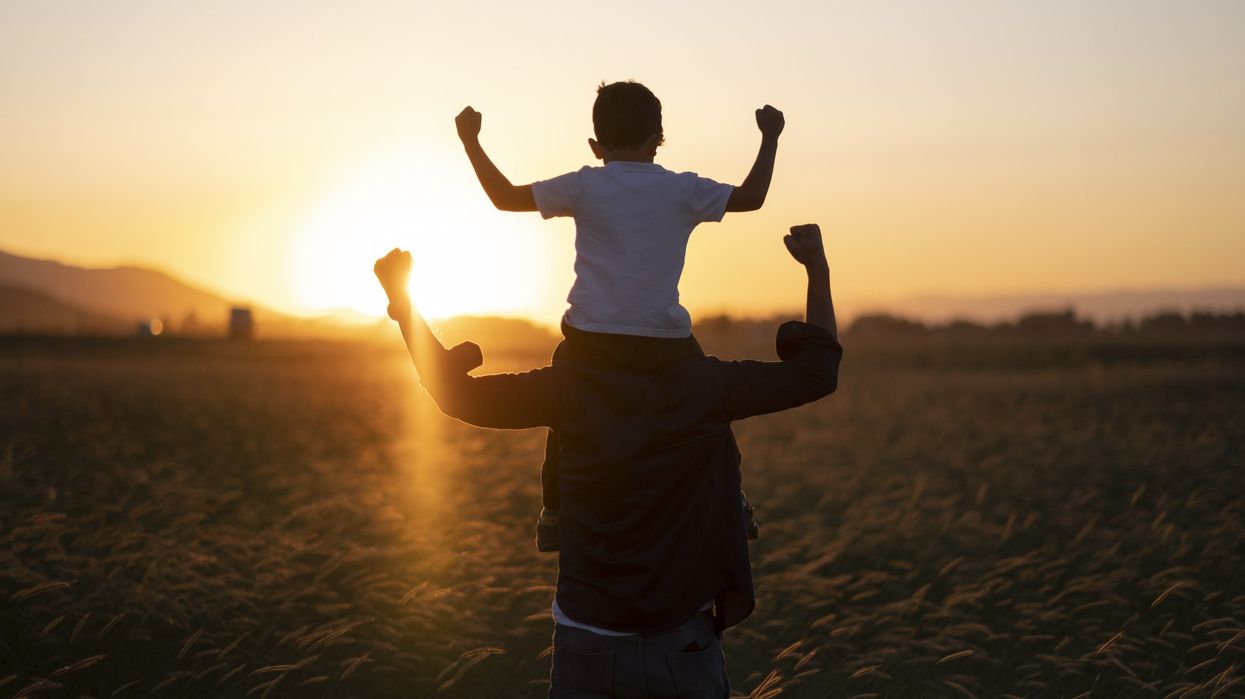
In George Strait’s hit song “The Best Day,” a son sings to his father:
Live Your Best Retirement
Fun • Funds • Fitness • Freedom
Dad this could be the best day of my life.
Been dreamin’ day and night about the fun we’ll have.
Just me and you doing what I’ve always wanted to.
I’m the luckiest boy alive.
This is the best day of my life.
Last weekend, that song came to life for me. On a flight to Virginia, my 8-year-old son looked at me, grinning ear to ear, and said, “Dad, this is my favorite three days of the year.” Not Christmas. Not his birthday. Not even our family vacations. His favorite three days are spent with me, out in the hills of Virginia, at a small father-son retreat where 25 dads and their school-age sons come together to strengthen a sacred bond.
Being a father isn’t about perfection. It’s about presence. It’s about showing up, time and again.
For the third consecutive year, we packed up and made the trip. It’s become a tradition — canoeing down rivers, building bonfires, swapping stories, touring Civil War battlefields, and wandering through museums that tell the story of America. There’s something about being shoulder to shoulder with your son, not staring at a screen, not rushing from one practice to another, but instead living deliberately in fellowship with other fathers and sons.
These moments don’t just happen. They’re carved out, preserved, and passed down.
Building generational bonds
The retreat is as much for the dads as it is for the boys. While the kids disappear into the woods for laser tag or trampoline wars, the men gather by the fire. We sip whiskey, light cigars, and talk openly — about marriage, business, faith, and the challenges of raising children in a culture that increasingly dismisses the role of good men. Some conversations are heavy. Others are hilarious. But all of them are honest. It is, in every sense of the word, fellowship.
This is what it means to be present. And presence matters.
The statistics back it up. According to the U.S. Census Bureau, children raised without their father in the home are four times more likely to live in poverty, twice as likely to suffer from obesity, and significantly more likely to end up in prison.
Moreover, boys with highly involved fathers are less likely to use drugs, get suspended from school, or commit crimes. And when it comes to faith, the father’s role is critical: If a father practices his faith regularly, his children will have a much higher probability of remaining active in that faith as adults than if only the mother practices.
These facts don’t diminish the role of mothers. Rather, they recognize that fathers have a unique and irreplaceable role in shaping the lives of their sons. In a society that often paints men as disposable, retreats like the one my son and I attend remind us that masculinity, rightly ordered, is indispensable.
Boys will be men
What struck me most this year wasn’t the canoe trips or the campfire stories. It was watching my son interact with other boys — kids he doesn’t see often, but with whom he instantly bonded. They ran free, like boys are supposed to. Sticks became swords, forts were built, dirt was rubbed into grass-stained jeans. It was chaotic, loud, and glorious. And while they played, they also absorbed something deeper: the example of a band of men who were present, engaged, and invested in them.
We live in a culture that is quick to say, “Boys will be boys,” when excusing bad behavior, but slow to recognize that boys will be men one day — and the kind of men they become depends heavily on the kind of men they see. At this retreat, they saw dads who love their wives, work hard, and take their faith seriously. They saw that masculinity is not toxic, but life-giving.
Our founding fathers placed such importance on virtue for a reason. President George Washington himself said, “Virtue or morality is a necessary spring of popular government.” And where do boys learn virtue if not first at the knee of their fathers? Visiting Civil War battlefields with my son, I couldn’t help but think of the boys who became men on those very grounds, some no older than he is now, who sacrificed everything because their fathers taught them what was worth fighting for.
Presence over perfection
Being a father isn’t about perfection. It’s about presence. It’s about showing up, time and again, so that one day your 8-year-old son looks at you and says, “This is my favorite three days of the year.”
I left Virginia with a grateful heart and a renewed conviction. Our culture may tell men to step aside, to silence themselves, to apologize for who they are. But weekends like this one remind me that America doesn’t just need strong fathers — it depends on them. A nation that undermines fatherhood is a nation in decline. A nation that honors fatherhood is a nation with hope.
RELATED: This is true fatherhood: My dad's final act defined love and manhood
 Photo by O2O Creative via Getty Images
Photo by O2O Creative via Getty Images
When Alexis de Tocqueville traveled through America in the 1830s, he marveled not at our government or our military, but at our families. He saw that the strength of American democracy was tied directly to the strength of American homes. Nearly two centuries later, that remains true.
A lifetime investment
So yes, this retreat was just three days in the hills of Virginia. But in reality, it was much more. It was proof that faith, family, and freedom are not abstract slogans — they are lived out one campfire, one canoe ride, one father-son conversation at a time. And if America is to endure, it will be because fathers step back into the role God gave them, raising sons who know both where they came from and where they are called to go.
When you tally it all up, the weekend’s scorecard looked something like this: one bloody nose, one trip to the hospital for X-rays on an arm, several Coors Lights, and memories no dad could count.
And maybe, just maybe, because an 8-year-old boy knew his dad was right there beside him.
Originally Published at Daily Wire, Daily Signal, or The Blaze
What's Your Reaction?
 Like
0
Like
0
 Dislike
0
Dislike
0
 Love
0
Love
0
 Funny
0
Funny
0
 Angry
0
Angry
0
 Sad
0
Sad
0
 Wow
0
Wow
0
